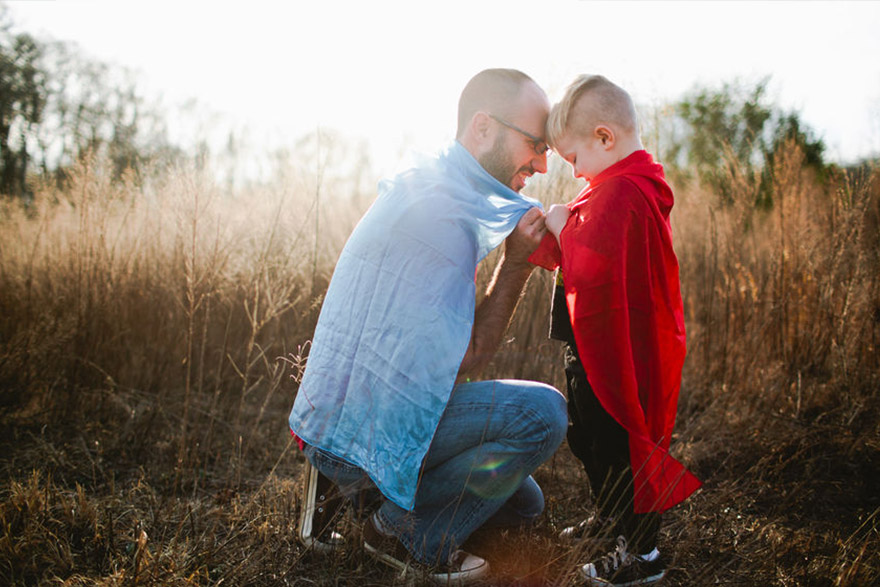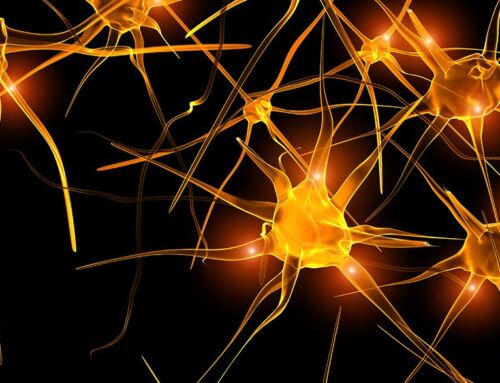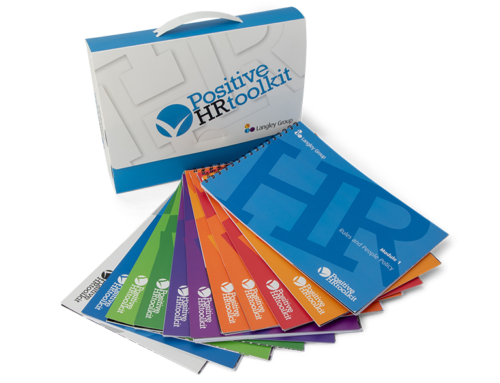A hero is generally understood to be a person who is admired or idealised for courage, outstanding achievements, or noble qualities—often scripted to ‘save the day’ in storytelling and to possess supernatural powers.
When we look to Hollywood, we can see that in critical or life-changing situations, it is more likely that hopeful, productive, resilient, and optimistic characters will become the Hero, swooping in to claim victory.
Heroes can be found in our everyday lives too, and there has been robust research surrounding the concept. With a positive psychology lens, we understand which psychological components allow a person to have these hero-like qualities. In other words, what makes a Hero tick?
Psychological Capital is defined as “an individual’s positive psychological state of development, characterised by high levels of Hope, (Self) Efficacy, Resilience and Optimism.” – (Luthans, Youssef, & Avolio, 2007)

HERO
The four pillars of Psychological Capital are used as an acronym to construct a further understanding of HERO.
Hope
Efficacy
Resilience
Optimism
While the four components have their individual characteristics, the concept of Psychological Capital is underpinned by the idea that the whole is greater than the sum of its parts. It is generated by the dynamics created when hope, efficacy, resilience, and optimism interact.
This collective vision makes sense when we consider the concept was initially designed for organisations. Yet, as it is based on appreciation and positive emotions, Psychological Capital is a core construct for wellbeing and thriving in individuals and groups.
As little as fifteen years ago, the idea of investing in people for competitive advantage was considered ground-breaking.
Pioneers Fred Luthans et al. (2007) suggested that growth in organisations needs to focus on psychological rather than educational development. They posed that human resources could serve as a competitive advantage as they are truly unique. Unlike other physical, structural, and financial resources, competitors can’t replicate psychological capital.

The Four Pillars
It’s interesting to note that none of the core pillars are personality traits – they are mindsets that all can develop with deliberate practice.
Hope
Hope in this context is made up of two parts – agency and pathways. Agency is the motivation to succeed in a specific goal or task. Pathways are the way to accomplish that task. Hopeful people see multiple pathways to achieve their goals.
Efficacy
Someone with high levels of self-efficacy believes they have control over outcomes. Efficacy gives you the confidence to take action, perseverance to give things a go, and learn from challenges.
Resilience
Resilience is the ability to bounce back from challenges, risks, and failures even stronger than before. Resilient people can adapt to changing and stressful situations effectively.
Optimism
Optimism is the ability to navigate through life with a confident and positive attitude. It means that you expect positive outcomes. Optimistic people seek explanations for negative or uncomfortable experiences that don’t cast self-blame as the cause. They see these events as temporary and don’t focus on adversity.
The HERO Effect
The impact of building resources around Psychological Capital for individuals and teams and the flow on to customer satisfaction give rise to improvement in bottom-line performance.
The components of Psychological Capital increase desired behaviours and activities at work – such as performance, productivity, and retention. They also decrease undesired behaviours at work – such as a reduction in sick leave and absentees.
It can help individuals to:
- Be engaged at work with high levels of wellbeing
- Have a sense of contribution, connection, and collaboration
- Be agile and intuitive to embrace innovation and change
- Show up as the best version of you
- Draw people – customers and employees to you and your team
So how can you cultivate psychological capital in your teams?

From HERO to HEROES
The extensive research in the academic field of Psychological Capital has formed the basis for a unique and impactful programme. Everyday HEROES is a next-generation approach to personal and workplace wellness. We know that when the critical elements of high Self-efficacy, Optimism, Hope, and Resilience combine in an individual, they will significantly impact wellbeing, mental health, and the ability to handle change and life.
At Langley Group, we believe in a strengths-based approach to all that we do and in the power of emotions.
The Everyday HEROES programme brings the critical ingredients of Psychological Capital with the additional core components of Emotional Intelligence and Strengths for added wellbeing and success. A heroic combination!
Hope
Efficacy
Resilience
Optimism
Emotional Intelligence
Strengths
Ready for more learning?
Langley Group is well known for the quality of its in-house Train the Trainer programmes, where we help organisations to deliver our quality, scientifically backed learning and development workshops to their organisations. We will provide you with the resources, knowledge, and practical experience to facilitate the Everyday HEROES Programme for your team members.
Our next Virtual Everyday HEROES Programme kicks off 7 March 2022!
Or download our Free Report: Investing in Business Wellbeing
To learn more, join Learn with Sue for eBooks on 7 Ways to Apply Positive Psychology, 10 Brain-Friendly Habits and How to Lead with the Brain at Work. Plus a range of tools to help yourself and others, including questionnaires, values cards, posters and more.






